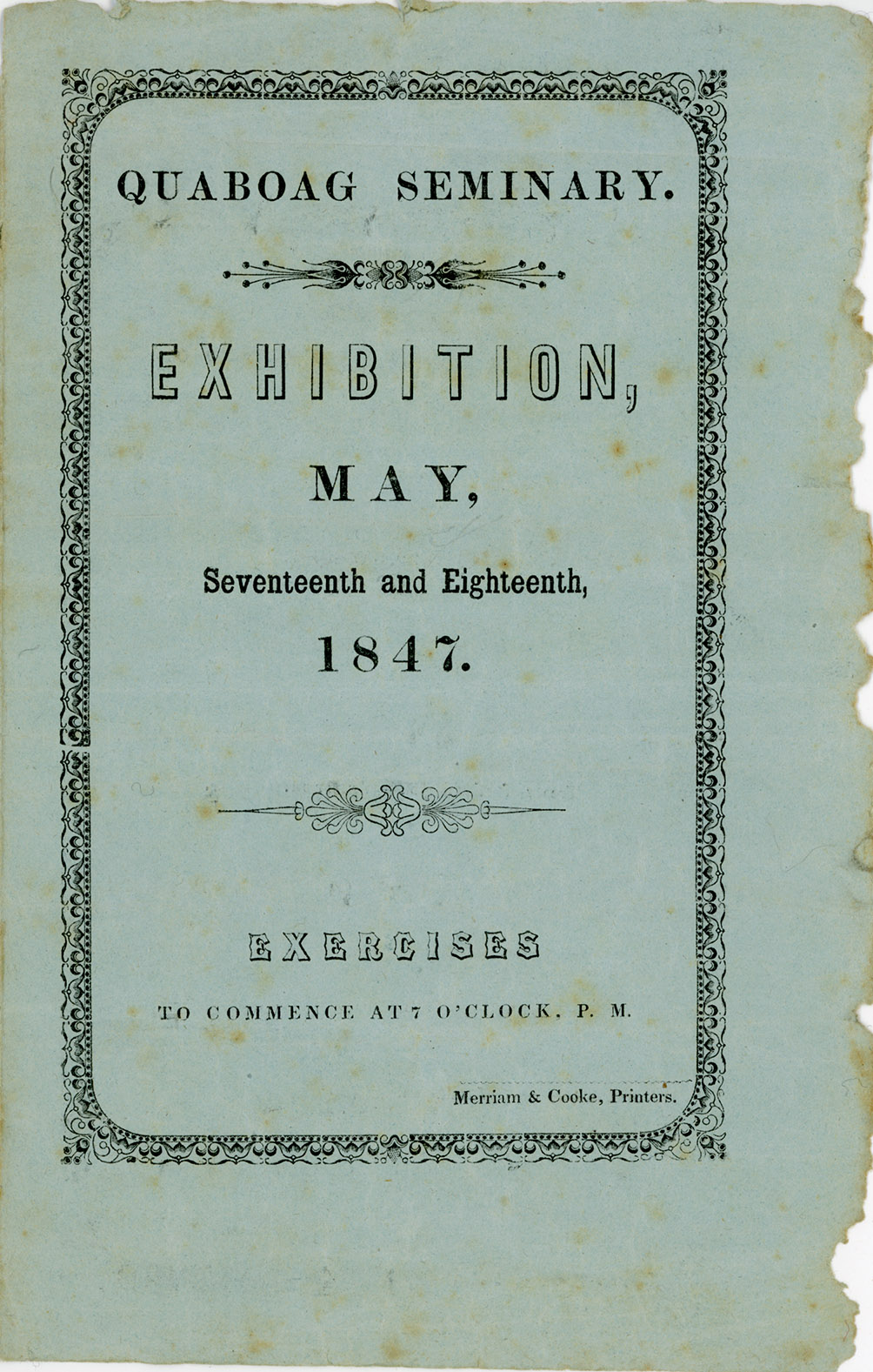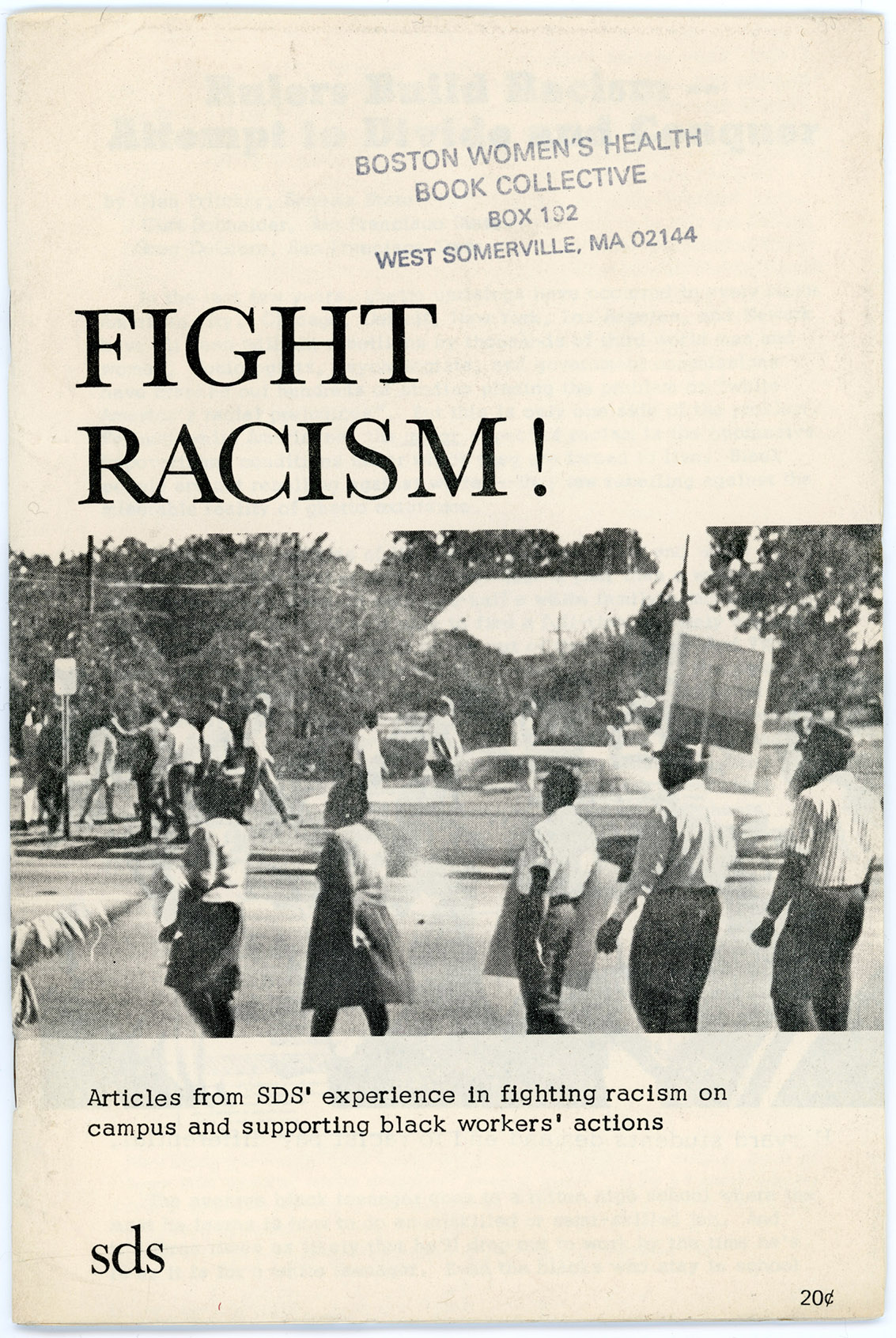James Ricci Machine Tool Companies Printed Materials Collection
For more than fifty years, Jim Ricci collected both machine tools and the books, catalogs, and manuals that relate to the machinery and the industry as a whole. A graduate of UMass Amherst (’71) and the son of a faculty member, Ricci is an historian of reel lawn mowers who has written extensively on the subject, publishing the book Hand, Horse, and Motor: The Development of the Lawn Mower Industry in the United States in 2016.
The collection represents more than 750 companies and includes brochures, catalogs, manuals, and parts lists from machine tool manufacturers. The majority of the companies represented are located in the United States; international companies are located in Austria, Belgium, Brazil, Canada, China, Czechoslovakia, Denmark, England, France, Germany, East Germany, West Germany, Hungary, India, Israel, Italy, Japan, Korea, Poland, Scotland, South Africa, Spain, Sweden, Switzerland, Taiwan and Turkey.
Machine tools are machines that make parts and pieces for end products or other machine tools. These tools range from lathes, range from lathes, milling machines, grinders, manual and hydraulic presses, drill presses and saws to drills, mills, grinding wheels and cutting tools as well as measuring tools, jigs and fixtures. The machine tool industry evolved dramatically throughout the 20th century with the introduction of multi-function workstations. Multi-axis machines with attached tools changers are driven by sophisticated computer-controlled programs. The evolution of the industry is reflected, in part, in this historical collection of printed materials.


